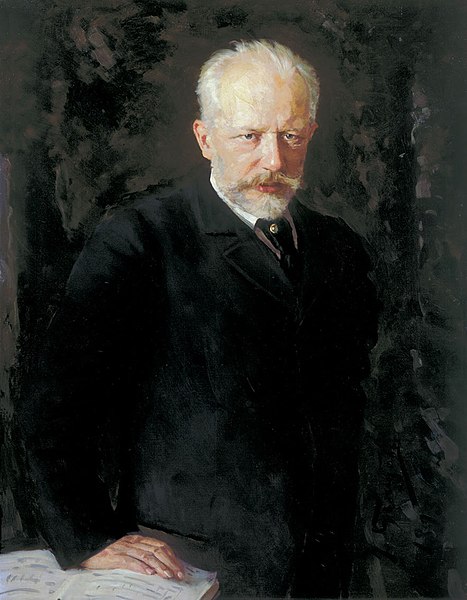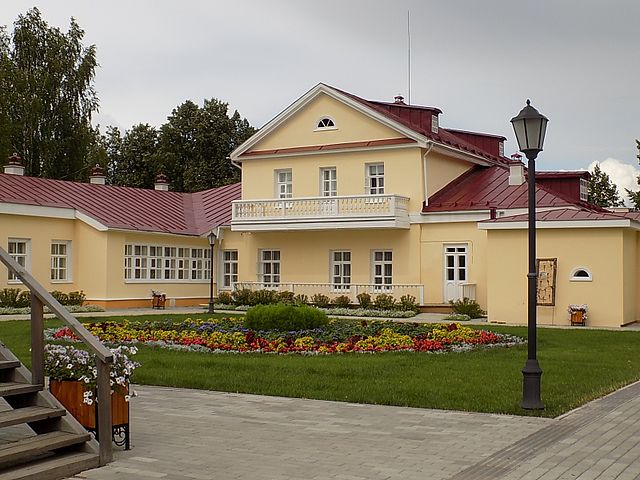Symphony No. 6 (Tchaikovsky)
The Symphony No. 6 in B minor, Op. 74, also known as the Pathétique Symphony, is Pyotr Ilyich Tchaikovsky's final completed symphony, written between February and the end of August 1893. The composer entitled the work "The Passionate Symphony", employing a Russian word, Патетическая (Pateticheskaya), meaning "passionate" or "emotional", which was then translated into French as pathétique, meaning "solemn" or "emotive".
Portrait of Tchaikovsky, 1893
Tchaikovsky's draft of the Sixth Symphony
Pyotr Ilyich Tchaikovsky was a Russian composer during the Romantic period. He was the first Russian composer whose music would make a lasting impression internationally. Tchaikovsky wrote some of the most popular concert and theatrical music in the current classical repertoire, including the ballets Swan Lake and The Nutcracker, the 1812 Overture, his First Piano Concerto, Violin Concerto, the Romeo and Juliet Overture-Fantasy, several symphonies, and the opera Eugene Onegin.
Tchaikovsky, c. 1888
Tchaikovsky's birthplace in 1840 in Votkinsk, Russia, now a museum
The Tchaikovsky family in 1848. Left to right: Pyotr, Alexandra Andreyevna (mother), Alexandra (sister), Zinaida, Nikolai, Ippolit, Ilya Petrovich (father)
In 1850, at about ten years of age, Tchaikovsky entered the Imperial School of Jurisprudence in Saint Petersburg






